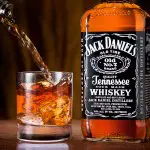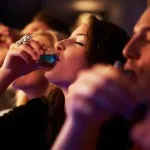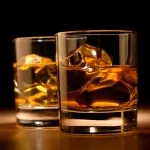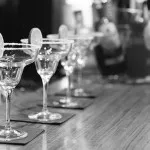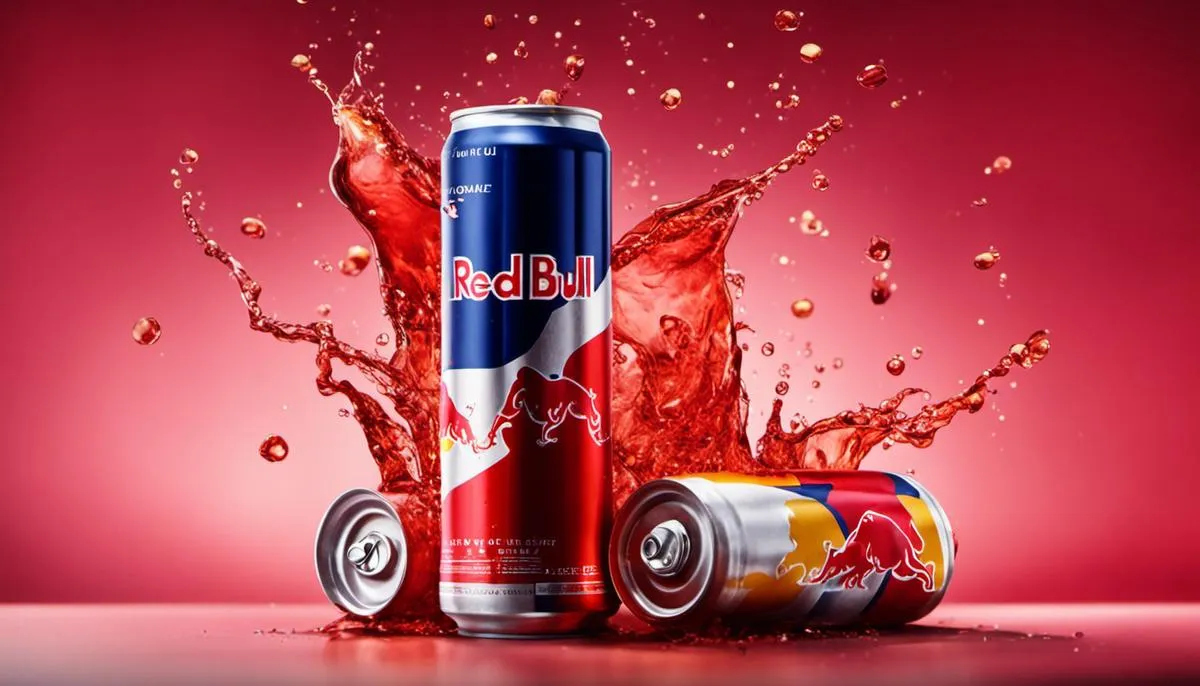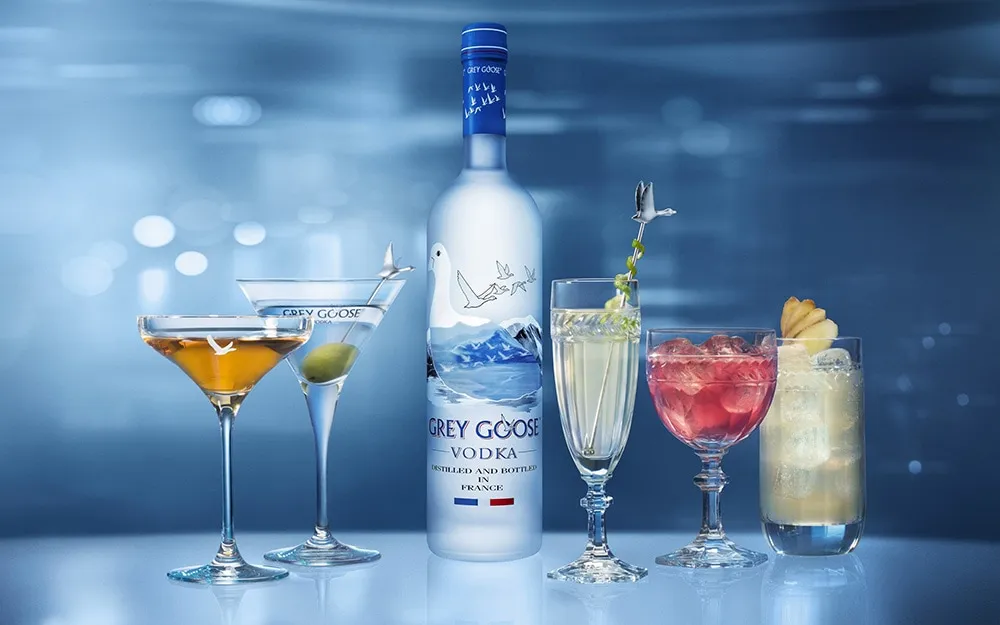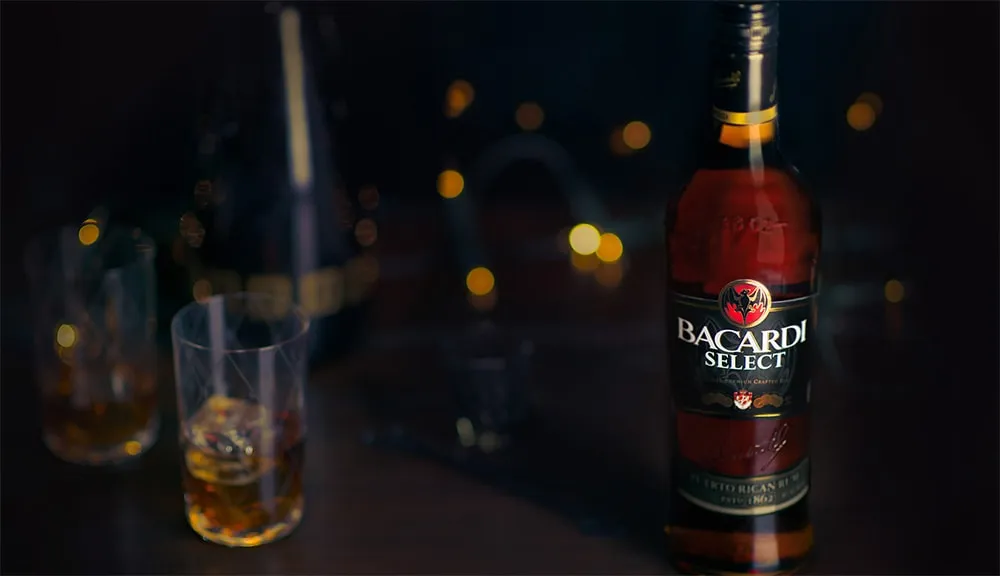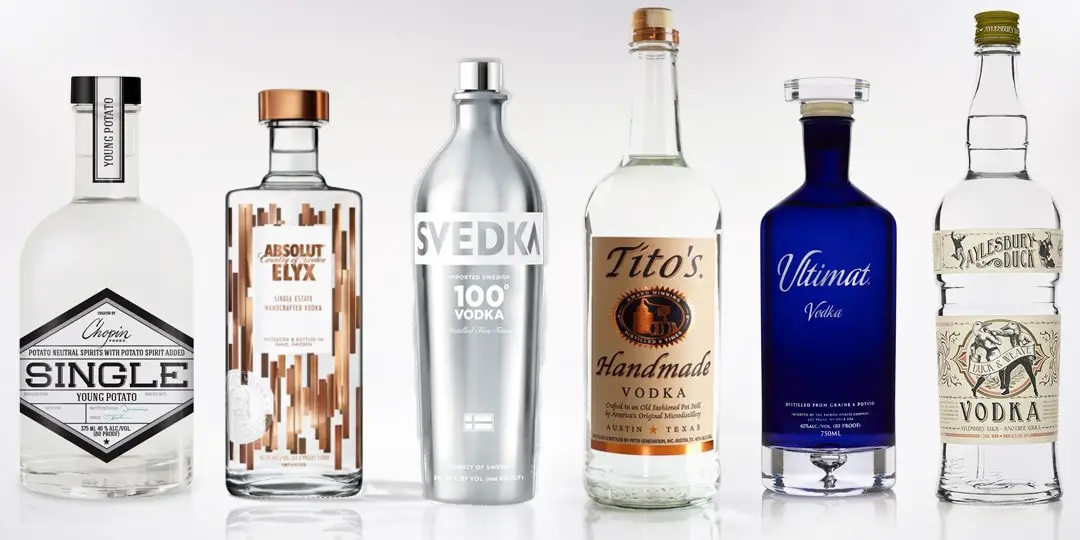In recent years, the trend of mixing energy drinks like Red Bull with alcohol has surged, particularly among the younger demographic. This cocktail, often touted for its stimulating effects, raises numerous questions about its impact on health, and scientific validity behind its claimed benefits. This discussion will navigate through the popularity of this blend, the potential health effects, and the scientific support or lack thereof. Highlighting common myths and misconceptions surrounding the consumption of Red Bull with alcohol will further enhance our understanding, and we’ll also explore some recommendations for safer drinking options and alternatives.
The Concept and Popularity of Mixing Red Bull with Alcohol
The Concept of Mixing Red Bull with Alcohol
Red Bull, a popular energy drink, is often mixed with alcohol for consumption. The signature blend of caffeine, taurine, and sugar in Red Bull provides a unique flavor and an energy boost that some people believe counteracts the depressive effects of alcohol.
Traditionally, alcoholic beverages have depressive properties that induces relaxation, reduces inhibition, and often makes the drinker drowsy. The stimulants present in a can of Red Bull have made it a popular choice for creating mixed drinks. Combining the drink with alcohol theoretically delivers both the stimulating effects of caffeine and the relaxing effects of alcohol simultaneously.
Popularity among Young Drinkers
Most notably, the practice of mixing Red Bull with alcohol gained immense popularity among young drinkers, particularly college students. Its popularity stems from the belief that Red Bull can reduce or even negate the sedative effects of alcohol, thereby allowing consumers to stay awake and alert for longer periods while drinking. This estimation translates to extended parties, longer nights out, and theoretically, the ability to consume more alcohol without becoming overly intoxicated or tired.
It’s also important to underline that the sweet taste of Red Bull masks the strength and flavor of certain alcoholic beverages, making it an appealing option for those who are still developing their taste for liquor.
Common Types of Alcohol blended with Red Bull
Various types of alcohol are mixed with Red Bull, but spirits like vodka and tequila are some of the most common. The Red Bull Vodka, or “RBV,” is a popular mixed drink, consisting of one or two shots of vodka combined with Red Bull in a highball glass. Jagerbombs are another common mixed drink, in which a shot of Jagermeister is dropped into a glass of Red Bull.
The “Tropical Tequila Sunrise” is a cocktail that mixes tequila with Red Bull Tropical edition. It’s served over ice with a splash of grenadine and garnished with a slice of lemon. These cocktails have become staples at bars, clubs, and parties, especially those frequented by younger crowds.
It’s crucial to be aware that while energy drinks like Red Bull can potentially make someone feel less affected by alcohol consumption, they do not decrease the blood alcohol concentration. This means that individuals who mix Red Bull with alcohol are equally impaired as those drinking only alcohol, despite not feeling as such. This dangerous misunderstanding of their true intoxication level increases the risk of accidents and injuries linked to alcohol.

Effects of Red Bull and Alcohol on Health
The Impact of Red Bull on the Body
Energy drinks like Red Bull, packed with a high dose of caffeine and ingredients such as taurine, sugar, B-vitamins, among others, promise a quick boost of energy. The caffeine content sharpens alertness and endurance, yet it might lead to notable side-effects over time. These could include a rapid heart rate, elevated blood pressure, disturbances in sleep patterns, and in some cases, even addiction.
Mixing Red Bull and Alcohol
The blend of Red Bull with alcohol has become a common trend, primarily among young adults and college students. This combination is usually favored for its potential to counteract the depressant effects of alcohol, allowing the drinker to feel alert and energized despite being intoxicated. Though it may seem like an appealing method to enjoy a night out, the health risks associated with this mix are substantial.
Short-Term Effects of Red Bull and Alcohol
Taking Red Bull and alcohol simultaneously has been found to mask the effects of alcohol, leading the drinker to believe they’re less intoxicated than they really are. This might encourage riskier behaviors, such as binge drinking, drunk driving, or participating in unsafe activities. Physiologically, it can lead to a racing heartbeat, insomnia, and dehydration. Furthermore, it can cause headaches, dizziness, and gastrointestinal disturbances.
Long-Term Effects of Mixing Red Bull and Alcohol
The long-term effects of mixing Red Bull and alcohol can also be disturbing. Regular consumption of this mix can potentially lead to alcohol addiction because the energy drink reduces the sedative effect of alcohol, which could make one drink more. Chronic consumption can destabilize the heart’s rhythm and lead to heart diseases. Additionally, high volume of sugar in Red Bull can result in weight gain, dental issues, and increased risk of type 2 diabetes.
Cognition and Red Bull Alcohol
There’s also an ongoing concern about the impact of Red Bull alcohol on cognitive functions. Studies suggest that despite feeling alert, the cognitive impairment caused by alcohol is not removed with energy drinks. Hence, critical skills like decision-making and reaction time may remain impaired, posing serious risks especially if one is driving or operating heavy machinery.
To Sum Up
Even though there isn’t an explicit prohibition on combining Red Bull and alcoholic beverages, it’s crucial that you comprehend the potential health ramifications. Keep in mind that despite feeling awake, you could still be under the influence of alcohol. Additionally, habitual usage could result in severe health complications.
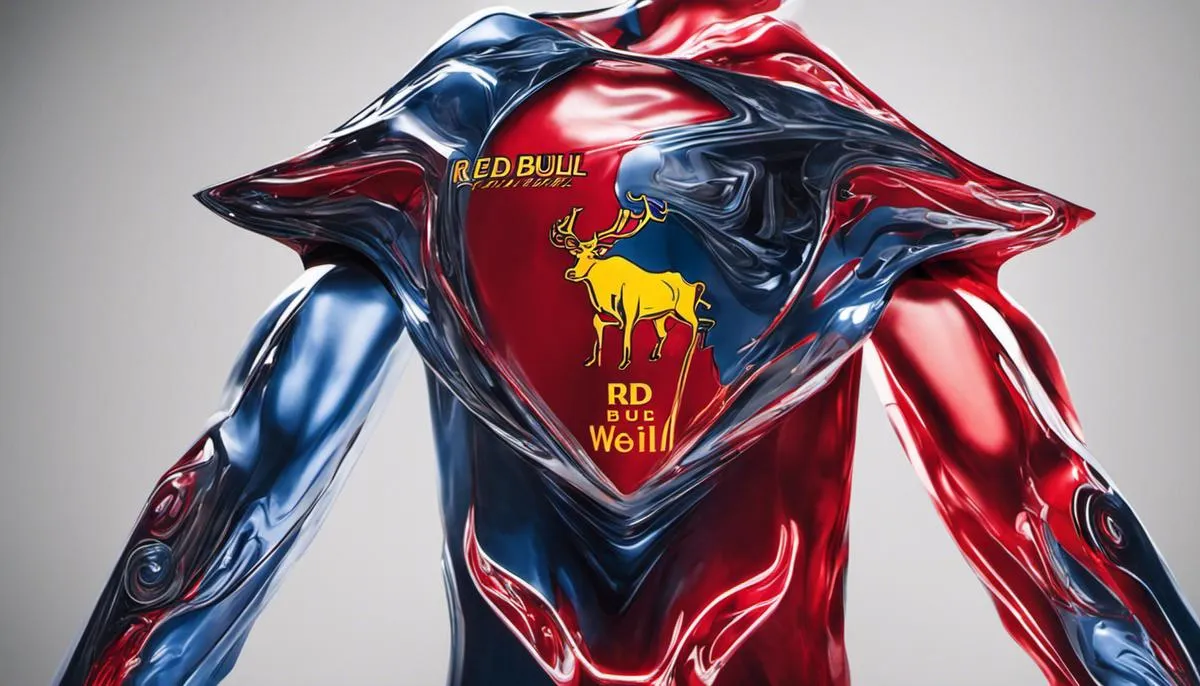
Scientific Research and Evidence on Red Bull-Alcohol Mix
Comprehending the Red Bull and Alcohol Mix
Red Bull, widely recognized as a leading energy drink, is frequently mixed into alcoholic cocktails. Alcohol, inherently, has a slowing effect on the body, whereas Red Bull bursts with energizing contents like caffeine and taurine. This unique fusion forms a state commonly known as ‘wide-awake drunk.’
Physiological Implications
Physiologically, combining alcohol and Red Bull can have potentially harmful consequences. Various scientific studies indicate that this combination might mask the effects of alcohol intoxication, leading individuals to underestimate their impairment level. This often results in higher alcohol consumption and an increased likelihood of engaging in risky behaviors, such as drunk driving or aggressive acts.
When Red Bull and alcohol are consumed together, they stimulate both the cardiovascular and central nervous systems. This can increase heart rate and blood pressure, leading to cardiovascular diseases in the long run. Moreover, high caffeine intake from Red Bull can cause dehydration, intensifying alcohol’s already potent diuretic effects.
Psychological Implications
Psychoactive substances like caffeine present in Red Bull can aggravate alcohol’s impact on the human brain. Studies have demonstrated an increase in impaired cognitive functioning and negative mood states when alcohol is combined with energy drinks.
Research suggests that consuming alcohol mixed with energy drinks can enhance sensations of stimulation compared to consuming alcohol alone. However, it doesn’t reduce the deficits caused by alcohol on motor coordination and visual reaction time. This discrepancy between the perceived and actual impairment can potentially lead to poor judgment and decision-making.
Investigations into Red Bull and Alcohol:
Research into the impacts of mixing alcohol with energy drinks has delivered startling results. For instance, a study in the Journal of Adolescent Health illustrated that instances of injury requiring medical attention were twice as frequent for college students who combined these drinks than for those drinking only alcohol.
A separate study conducted by the Journal of American College Health focussed on further repercussions, discovering a higher prevalence of alcohol-induced consequences such as sexual assault and drunk driving among students who consumed alcohol mixed with energy drinks.
The conclusions drawn from these preliminary surveys signal potential danger in the combined consumption of energy drinks like Red Bull and alcohol. These findings underline the need for greater awareness and further investigation into the potential risks and long-term consequences of this practice on public health.
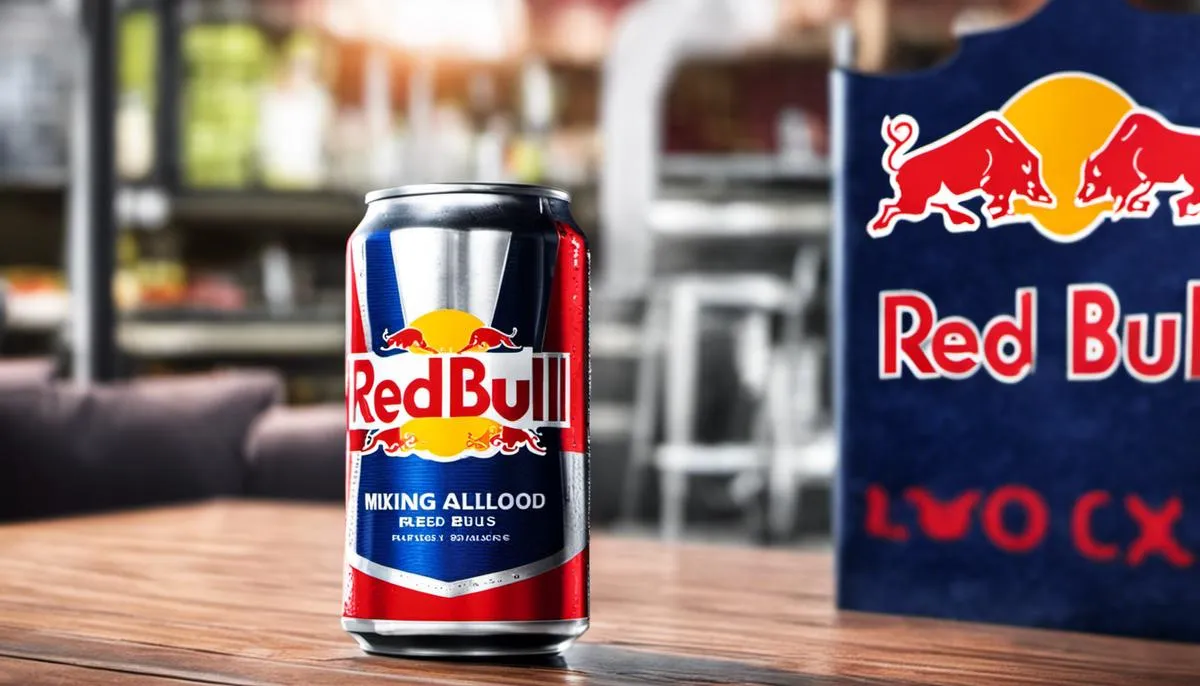
Myths and Misconceptions about Red Bull and Alcohol
Debunking Myths about Red Bull and Alcohol:
A common belief surrounds the consumption of Red Bull with alcohol, suggesting that the energy drink’s stimulant properties can counter the effects of intoxication. This misinterpretation arises from Red Bull’s high caffeine content, which while it might make an individual feel invigorated, does not decrease alcohol’s adverse effects on coordination or reaction time. The peril lies in the potential underestimation of individual intoxication levels leading to dangerous decisions like impaired driving.
Another misconception is that Red Bull’s vitamin content can prevent hangovers. Contrarily, hangovers are induced by various factors, including dehydration and the body’s reactions to alcohol. While water or rehydration solutions can ease some symptoms, Red Bull intensifies dehydration due to its caffeine content, likely worsening a hangover.
Popping up often is the misunderstanding that Red Bull combined with alcohol significantly heightens the risk of heart complications compared to alcohol alone. It’s crucial to understand that alcohol consumption, particularly excessive consumption, has inherent health hazards, including heart problems. Red Bull, when consumed responsibly, has been deemed safe by various global health authorities. However, the blend of Red Bull and alcohol may heighten strain on the heart due to the contrasting effects of the two: alcohol acting as a depressant and caffeine, a stimulant. This combination does not necessarily result in heart complications, but it may increase risk factors for those predisposed to cardiac conditions.
A less common but equally false belief is that Red Bull can be used to disguise the smell of alcohol on one’s breath. The reality is that the scent of alcohol cannot be easily masked, even with Red Bull’s strong aroma, making the masking of the smell of alcohol ineffective.
Debunking Misunderstandings
Firstly, to clear common misunderstandings, it’s beneficial to learn from credible sources and know that Red Bull, or any other energy beverage, is not designed to be mixed with alcohol. The key to remember is that the impacts of alcohol are not diminished by anything else mixed with it. It’s equally critical to note that a person under the influence, irrespective of what the alcohol is mixed with, can be impaired and should not operate a vehicle.
Furthermore, in regards to health dangers such as cardiac issues, alcohol intake should be approached responsibly, and people with predisposed conditions would be wise to avoid this blend altogether. Recognizing these myths and misunderstandings about Red Bull and alcohol can not only guide safer consumption habits but also foster a healthier culture surrounding alcohol use.
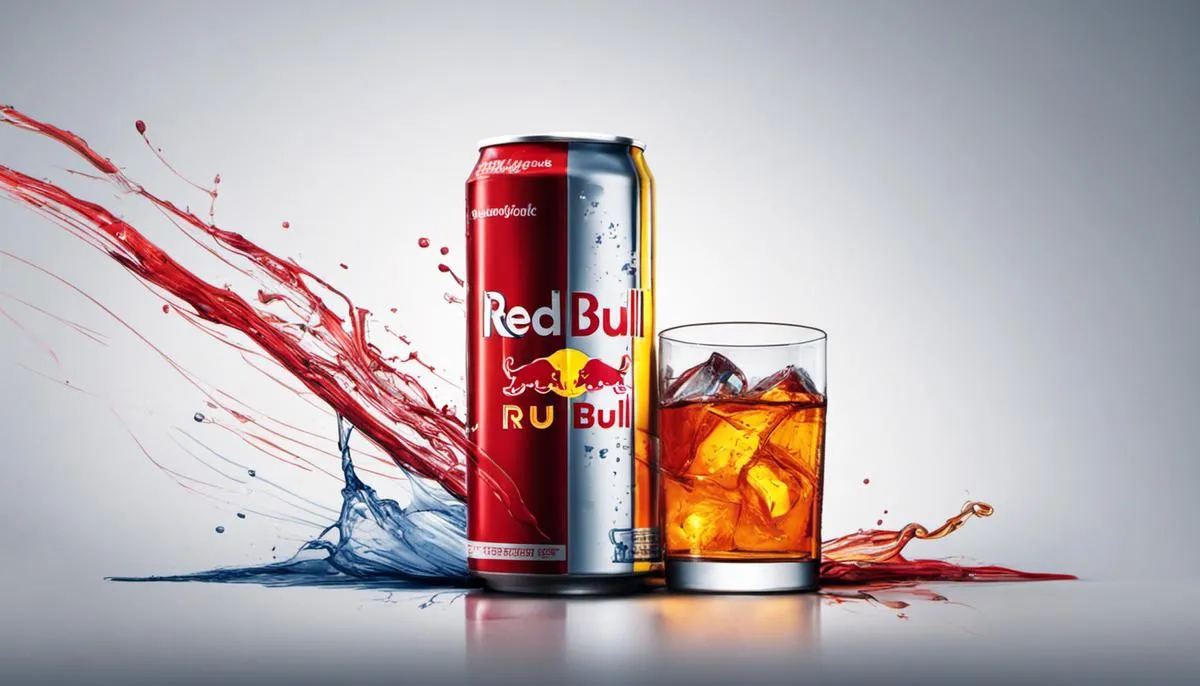
Safe Drinking Tips and Alternatives
Tips for Responsibile Drinking
Mixing Red Bull, a caffeinated energy beverage, with alcohol has gained popularity amongst some social drinkers. However, it’s crucial to be aware that this mixture may harbor potential risks. This is primarily due to Red Bull’s high caffeine content which can hide the calming effects of alcohol, potentially resulting in individuals consuming more than they typically might. Therefore, should one opt for this cocktail, it’s vital to do so responsibly and in moderated amounts.
Engaging in responsible drinking practices is crucial. This includes setting a limit on the quantity of drinks one consumes in an evening and pacing oneself while drinking. Consuming a glass of water between each alcoholic beverage can help keep the body hydrated and slow down alcohol absorption. It’s also key to ensure you don’t drink on an empty stomach – having food before or whilst drinking can decelerate alcohol absorption.
Importantly, binge drinking or consuming alcohol rapidly, particularly when combined with energy drinks, can be hazardous. These actions can lead to reckless behavior, alcohol poisoning, or even loss of consciousness. Operating vehicles or heavy machinery while under the influence of alcohol, even when this is veiled by energy drinks, is always unsafe.
Healthier Alternatives to Red Bull and Alcohol
Those looking to cut back on their Red Bull and alcohol consumption have a variety of healthier alternatives available. Instead of mixing energy drinks with alcohol, consider natural energy-boosting options like green tea. This drink contains moderate amounts of caffeine, but also provides powerful antioxidants.
Mocktails are another healthy alternative that can simulate the experience of savoring a mixed cocktail without the risks associated with alcohol consumption. These non-alcoholic beverages are made from a mix of fruit juice, sparkling water, or other non-alcoholic ingredients.
For those who still prefer an alcoholic beverage, consider lighter options. Drinking a glass of red wine can provide certain health benefits, thanks to its high antioxidant content. However, like mixing Red Bull with alcohol, consuming wine should also be done in moderation.
Last but not least, adequate hydration and proper nutrition play important roles in maintaining one’s energy levels. Drinking ample water and consuming meals balanced in protein, healthy fats, and complex carbohydrates can contribute to higher energy levels, mitigating a potential desire to reach for energy drinks.
By keeping these tips and alternatives in mind, individuals can make healthier decisions regarding their alcohol and Red Bull consumption.
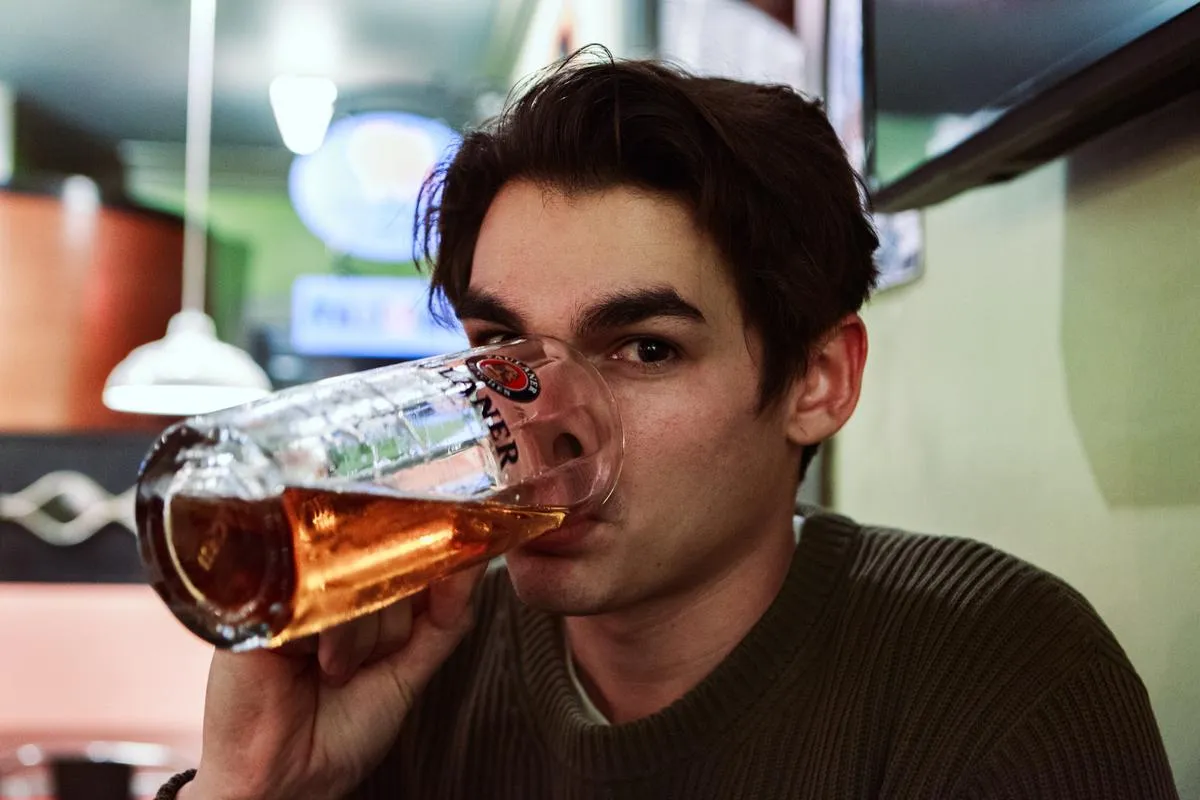
Photo by hayespotter on Unsplash
Navigating the world of mixed drinks, particularly those combining stimulants with depressants like Red Bull and alcohol, necessitates understanding supported by evidence-based insights. Our exploration from the popularity of Red Bull-Alcohol mix to their potential health impacts, relevant research insights, myths and misconceptions, and responsible drinking practices and alternatives aims to provide a comprehensive perspective on this common cocktail practice. Reiterating, while people’s drinking preferences are personal choices, informed decision making underscores the importance of prioritizing health whilst savoring your drink.

